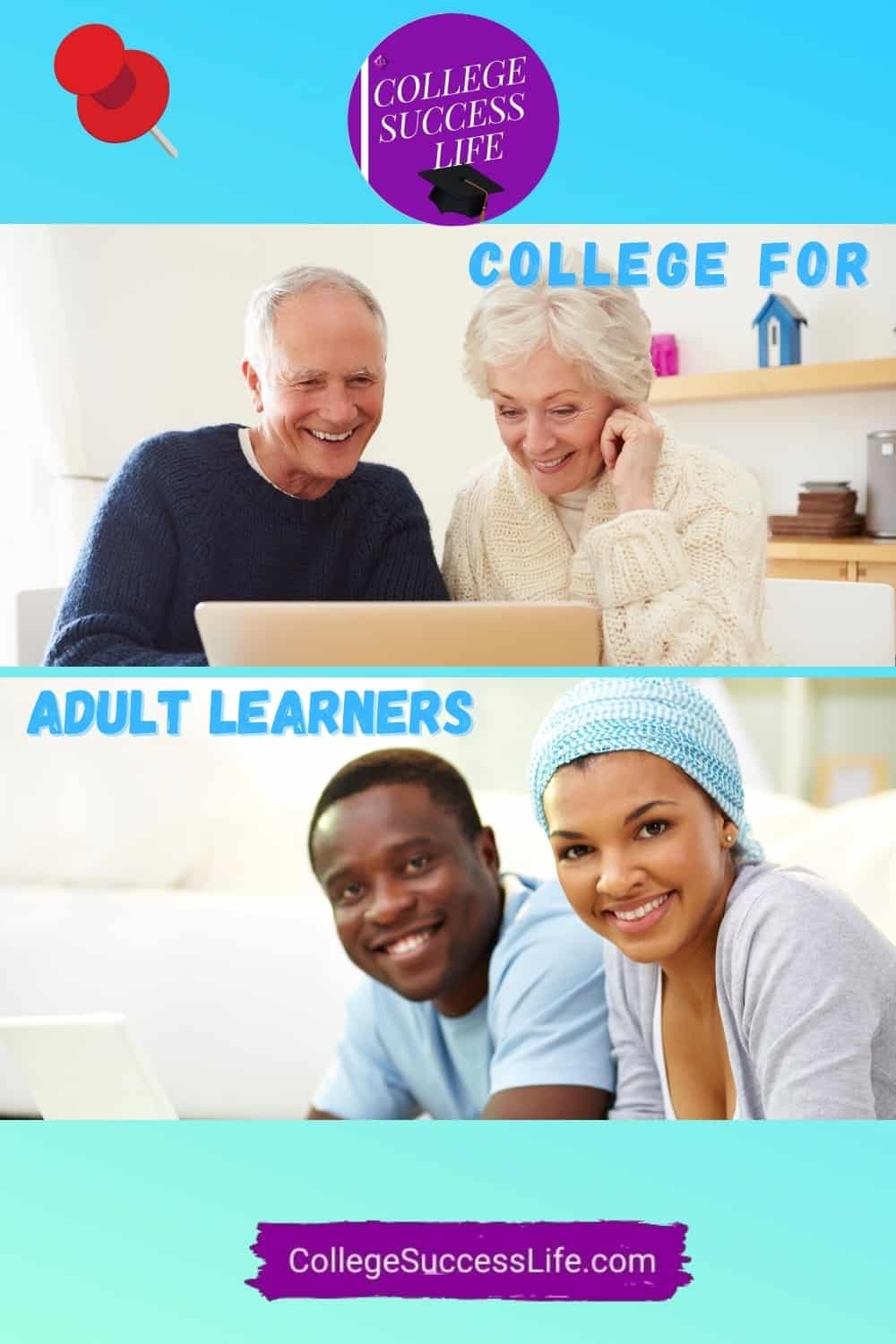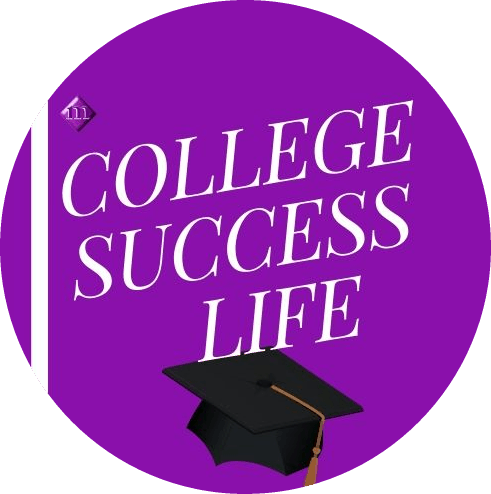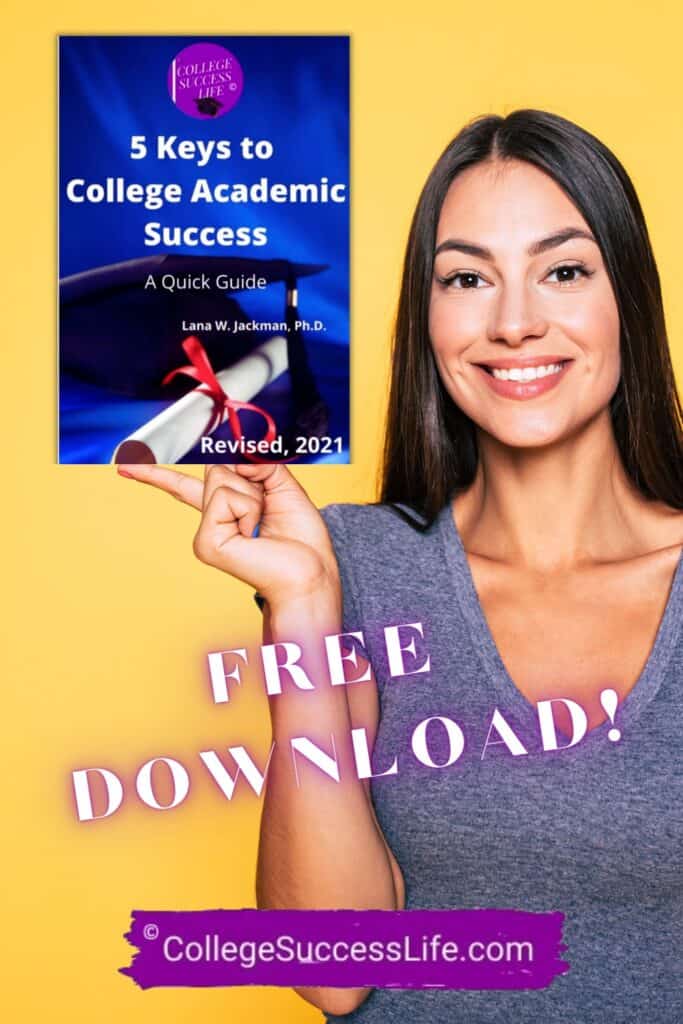
Online Learning Easy…Not Hardly!
College students including adult learners have learned by now that online learning, aka elearning, is not as easy as it sounds. As a matter of fact, many of you are probably wishing for the return of classroom, face to face instruction.
This pandemic has taken an incredible toll on all aspects of life as we knew it.
Returning to “normal” academic classroom life appears not to be happening anytime soon.
In the meantime, you’ve discovered that to be an effective e-learner, you need to know not only how to write and communicate clearly, but also how to participate in an interactive, online learning environment.
Knowing how to use your institution’s online library and information resources, essential in supporting your online learning activities, most likely has climbed up a few notches on your academic study priority list.
And, if you haven’t already done so, make sure you’ve analyzed your faculty’s updated course syllabus so that you’re aware of and can comply with the new course requirements and/or associated deadlines.
Online Learning Challenges
Let’s take a moment and look at the overall issues of participating effectively in an academic online environment:
Student self-discipline, time management, and motivation
Proficiency in information and communication technologies
Degree completion requirements and time limits
Limited face to face faculty and classroom contact
Vulnerable to academic dishonesty
Not suitable for all types of learners
A potentially isolating learning experience
Skepticism of traditional academic community
Limited online engagement in practical, real world learning experiences
Can you relate to any of these concerns? Some of these issues have probably already crossed your mind. Just the newness alone of this academic experience can be overwhelming. And, in this current climate, downright mind-blowing, for many of you.
Campus administrators across the country are in the same boat as you…confused, apprehensive, uncertain about the future, and feeling their way through a once in a lifetime event or so we hope!


Academic Problem Resolution
So, as you begin to find your way through this complex academic upheaval, make darn sure that you stay in regular communication with your academic adviser.
And don’t forget to document, document, document any concern or issue you may have about your academic progress and/or associated campus rules and regulations.
One of the best ways to do that is to send confirmation emails whenever you encounter a problem and/or resolution of an issue with campus personnel.
This crash course in elearning does provide you with a beneficial experience, a new way of learning that, for many, was optional and now is required. You may or may not adapt to it easily, but you can achieve your academic objective of the moment.
This is a classic lemons to lemonade life experience.
As you move forward in your educational pursuits like grad school and/or workplace learning, you’ll have a greater appreciation for the challenges associated with online learning and you’ll know how to manage it much more effectively.
Let’s hope so anyways!!
A Word to the Wise...
An Academic Pearl of Wisdom
Whenever a college student faces an academic and/or social challenge, they often ask a peer or a friend first for advice.
And that’s okay.
However, resolving the issue to your best advantage often requires consulting with an academic advising professional as well.
Your academic adviser knows the campus academically, administratively, and socially.
And what they don’t know, they can point you to the person who does know. Include this strategy in your current plan for college success.
And we're always available to help as well!
Disclaimer Reminder: A college student's first line of inquiry should always be with their campus academic adviser. College Success Life Advising Sessions provide additional problem-solving options to undergraduate and graduate students for further exploration on their individual campuses. Students should always consult their assigned adviser not only during the course selection process but periodically to keep apprised of programmatic changes, testing requirements, course additions/deletions, GPA modifications, etc.
Disclosure: This page contains affiliate links, which means we will make a commission at no extra cost to you, if you make a purchase after clicking my link.









